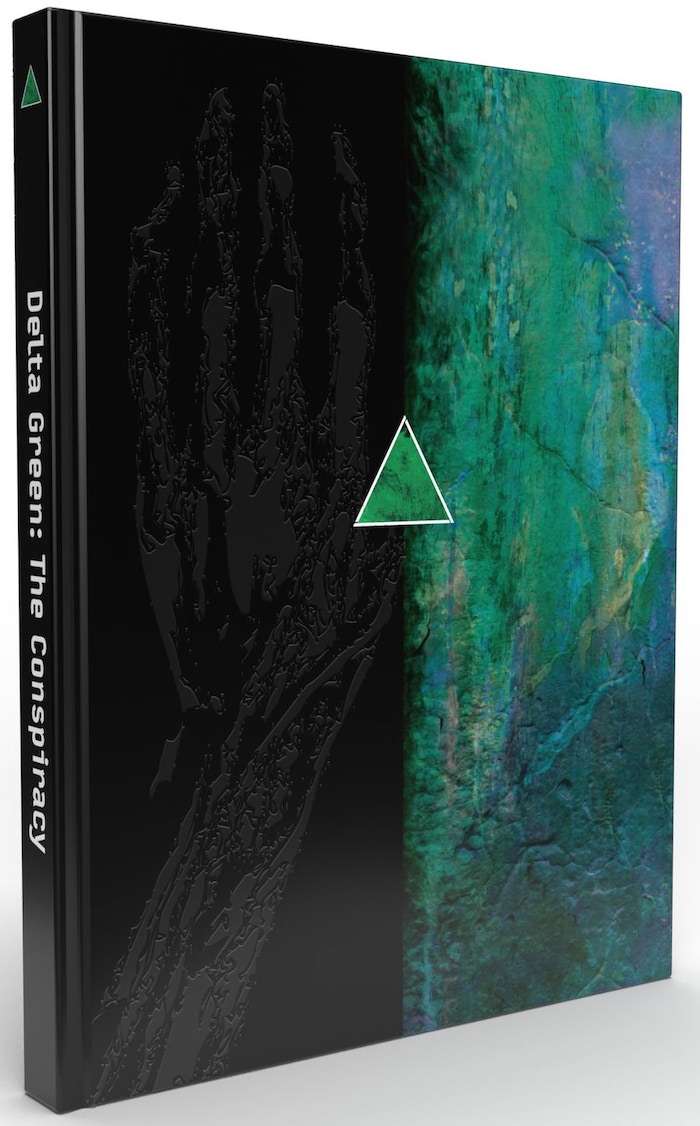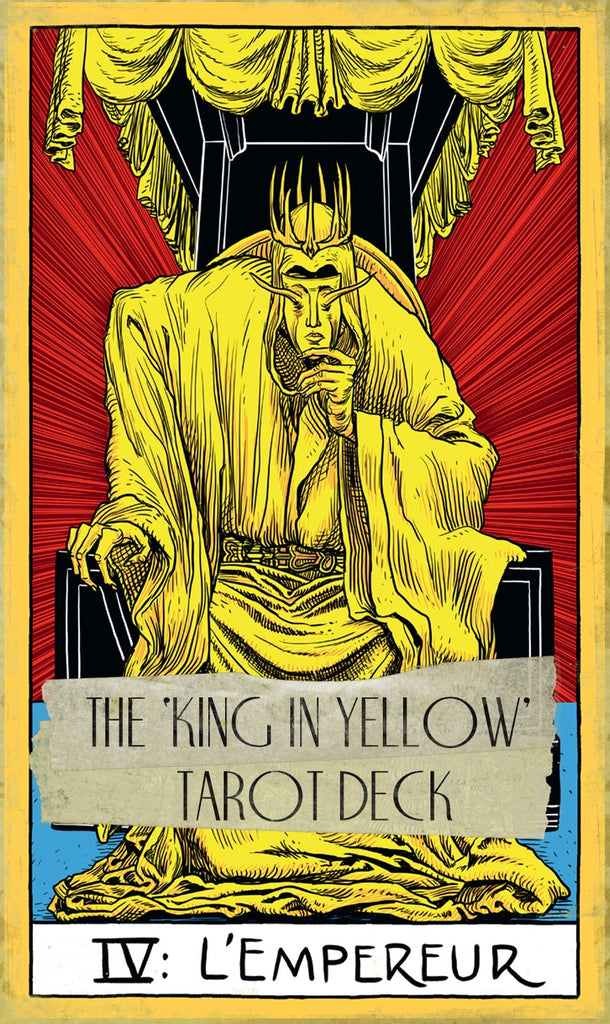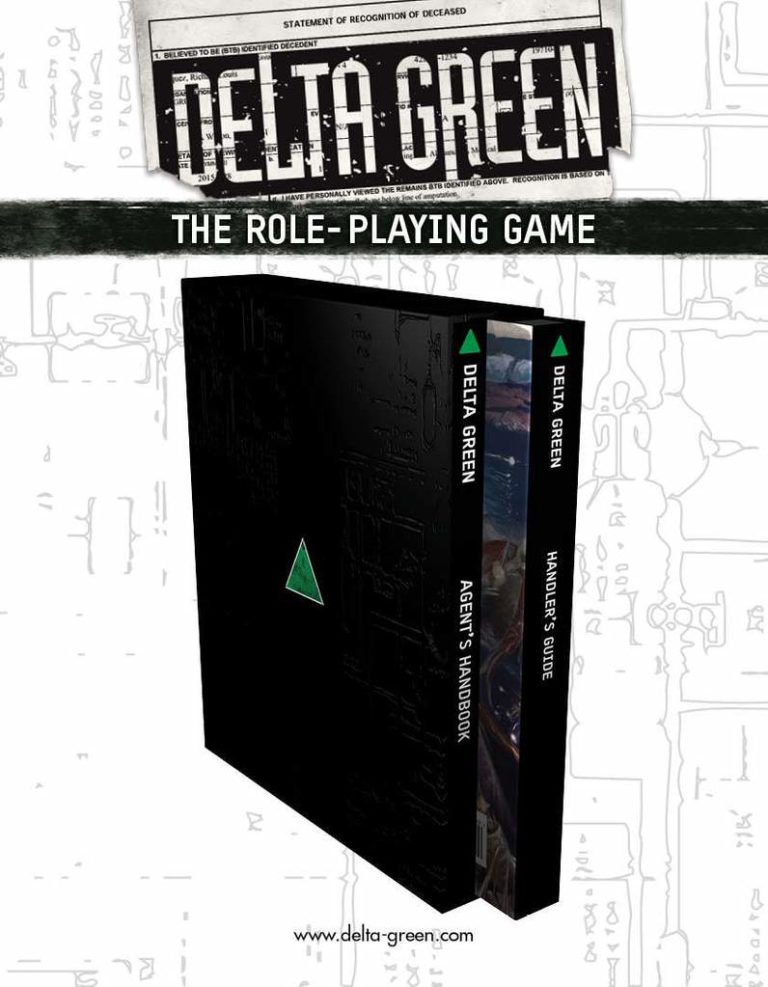By Shane Ivey, (c) 1998
The CIA operations officer ran fearful and breathless down grimy cement stairs into the stuttering flourescent light and casual filth of an unnamed subway station on Lexington Avenue. She spared a glance up the stairs and saw an orange-hued streetlamp glaring against the indigo sky. Outside was darkness and the hush, never quite silent, of the city at three in the morning; outside was the enemy.
She jogged stumbling down the grimy stairs, nearly slipping in a broad cigarette-littered puddle before she stepped into the station. Lucky I changed out of the heels at the party, she thought incongruously, then cursed the thought, cursed the minutiae that always crowded her mind when she fought the urge to panic. She saw herself reflected in the plexiglass of the darkened attendant’s booth: dark hair, dark skirt, tanned face pale and taut with fear, eyes bright and angry.
THERE!
She saw him reflected behind her, and clutching her handbag close she turned and ran into the station, toward the tracks and the gaping black tunnel. The station was empty; there was no one to duck around, no one to heed or ignore her if she bothered to cry for help. She felt the heavy low rumbling of an approaching train and a wisp of hot wind reeking faintly of smog and urine. In the tunnel she saw tiny lights receding in a line above the tracks. Signs warned prominently against taking the walkway that led into the soot and darkness, and her instincts screamed against it, but she stepped toward it regardless. She had gone through the training at The Farm; she knew how to ambush, and she knew how to kill. But then she stopped, and she felt ice along her spine and hot nausea in her throat. “God, no,” she protested, but it rang false in her own ears. She had long since despaired of any higher power that might look kindly upon humanity.
Something flickered in the dark and billowing air, a shape of disturbing proportions shimmered as if not quite there, and she felt with each moment’s flicker a shudder of some perception at the edge of consciousness, a humming awareness that this thing did not belong to the reality which it forced itself upon. She knew it regarded her, though there was no way to know which part of its fungal upper mass it might see with. She shook her head weakly and watched in sickened fascination as the flickering thing stirred a grasping mandible and moved forward from the shadows. Then the train came thundering into view in a staggering gust of wind, and as she winced and felt her hair fly in the hot air she saw something else: the train and the flickering thing passed through each other with no impact whatsoever. But as she watched she saw the faces of a handful of passengers dart by, and she saw them pass through the flickering thing, and in each freeze-frame instant their bored faces turned to wrenching horror and madness. The train barreled past without stopping and left the station echoing with its thunder.
“The gate is nearly open, Clara,” said the man, standing now quite close behind her. She turned quickly, reflexively, and looked into the sardonic smile of a man she had seen die only ten days before. Perhaps there was a mistake, some part of her mind reasoned… but there was no mistake. She had seen the gun fire, she had seen the man’s head lurch as the bullet entered his forehead, and she had seen a good portion of his upper brain deposit itself on a stucco wall before he fell and those grey eyes went empty. Then came a realization almost as chilling: He called my code-name!
She felt the flickering thing come closer, and then her hand rose whipping out of her handbag. She brought the handgun toward the man’s face, and then she felt a jolt… or rather, a lack, as sensations and muscle reactions ceased from most of her body. She collapsed limp to the filthy floor. But her eyes still saw, and she saw the man, now sideways in her vision, step closer. His face was beyond the periphery of her sight.
She tried to stand, but her body did not respond. She tried to speak, and could not force the air out of her lungs. But she felt her jaw move and her mouth, and her mind raced as she desperately rode a cresting wave of panic and terror. Some distant calm part of her wondered if the poison would taste like almonds.
She heard his voice again: “Soon, all will be finished,” he said. Then he saw her jaw working, and he saw her teeth clamp down, hard, and a trickle of saliva drift from her lips. Her eyes became cloudy at once, and his voice sounded suddenly hollow. He only laughed.
“No need for that,” he said with a smile. He kneeled to look better into her still face. “Even death may die.” Then her heart stopped, with a quiet shudder that she did not feel, and she did not hear his voice again.
“And then,” he said, “you shall tell me about your friends.”





